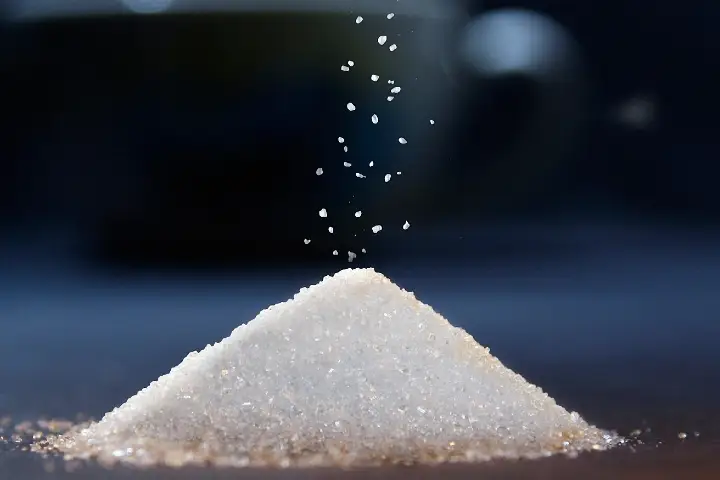Sri Lanka lifted the control over prices of essential food items with a view to easing supply and ending rampant black marketing practices, which have further created stress on the economy.
Supply constraints hit citizens, who have been queuing up to make their purchase of daily essentials including rice.
“The cabinet on Friday decided to deregulate prices for milk powder, wheat flour, sugar and liquified petroleum gas hoping it would increase supplies,” Al Jazeera said in a report.
Also read: Sri Lanka seeks World Bank loan to fight Covid after financial meltdown
Earlier, Sri Lanka’s President Gotabaya Rajapaksa declared a state of emergency with the aim of preventing hoarding of essential items which includes rice and sugar. Imports of several items have also been banned to contain flow of foreign exchange reserves.
Amid uncertainties, the World Bank said that the island nation’s medium-term outlook is clouded by pre-existing macroeconomic weaknesses and the economic scarring from the COVID-19 pandemic.
The World Bank, in its report also said that continued macroeconomic challenges, particularly the high debt burden, large refinancing needs, and weak external buffers will adversely affect growth and poverty reduction over the medium term for Sri Lanka. “Despite increased policy rates and price controls imposed by the government, inflationary pressure is expected to remain strong amid partial monetization of the fiscal deficit, currency depreciation, and rising global commodity prices. Food insecurity could worsen and poverty reduction slow if food prices remain elevated and shortages continue,” it said.




















